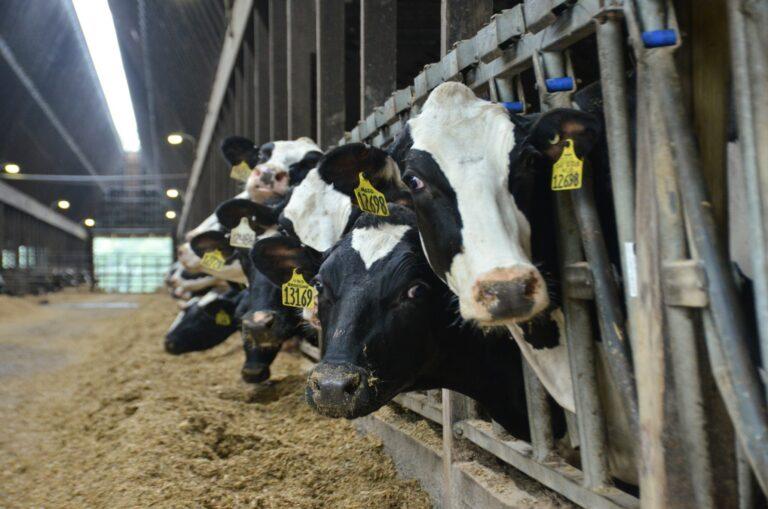Hugh and Jenny Lassen have cultivated Intervale Farm’s organic wild blueberries in Cherryfield with passion and foresight. Last year, they invested $25,700 in solar panels to power their home, blueberry sorter, and freezers, expecting an $8,000 rebate from the USDA’s Rural Energy for America Program (REAP)—a program designed to help small farms transition to renewable energy.
But a sudden federal freeze on funding has left the Lassens and others in financial limbo. The suspension of REAP reimbursements has burdened farmers who invested in sustainability under the promise of government support. “It’s never the right time to spend $25,700,” Hugh says. “It’s a lot for us… you also have college expenses looming.”
Since 2002, REAP has helped rural businesses adopt clean energy, cutting costs and promoting environmental stewardship. The abrupt halt in funding threatens not just individual projects but also broader efforts toward sustainable agriculture.
For farmers like the Lassens, lower energy costs mean lower product prices and economic stability. Renewable energy is vital in remote areas, yet this freeze puts investments—and trust in government commitments—at risk.
Opponents argue that withdrawing promised support after investments have been made is a breach of trust, placing an unfair burden on those who can least afford it. In Maine, projects are stalled, bills are piling up, and uncertainty looms.
As the Lassens wait for answers, their solar panels stand as a symbol—not just of renewable energy, but of a promise made and the hope it will be honored.













